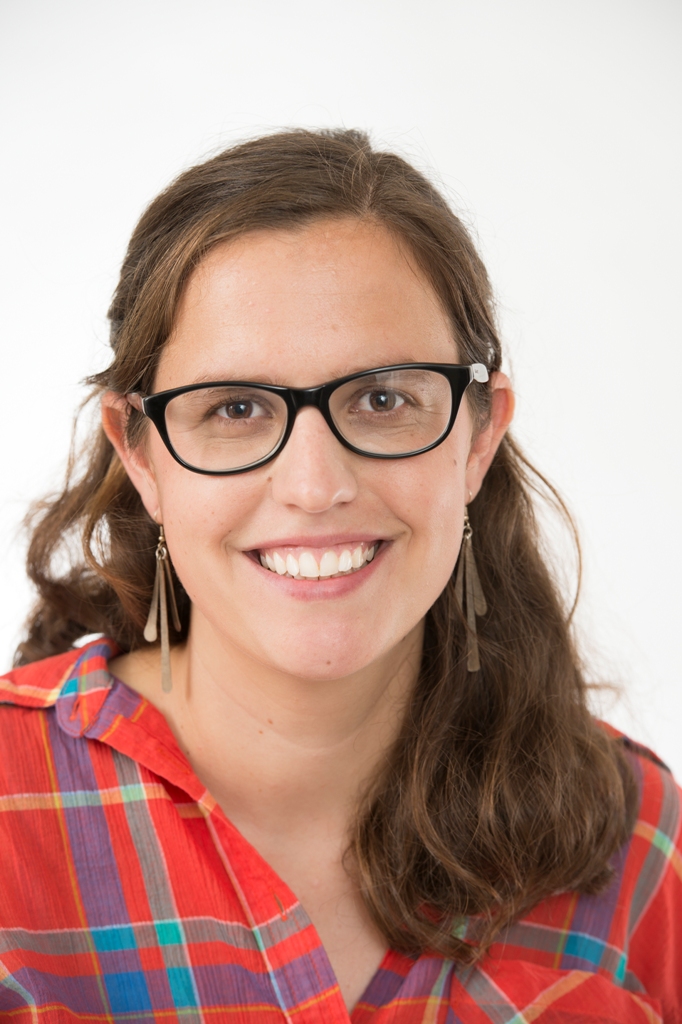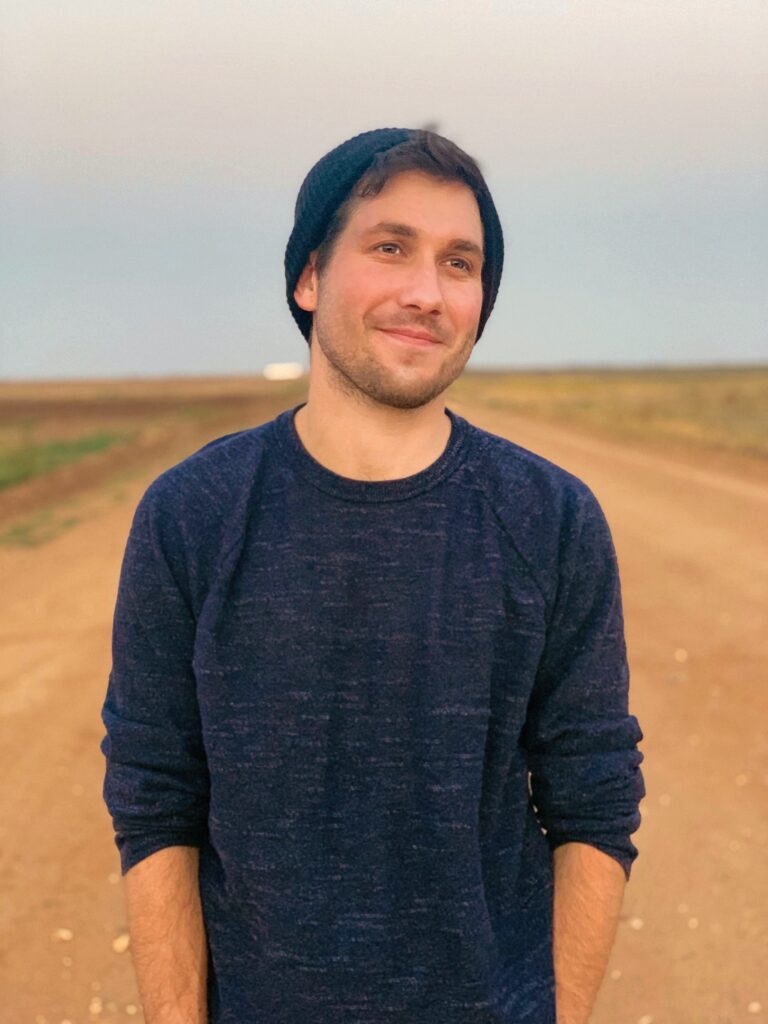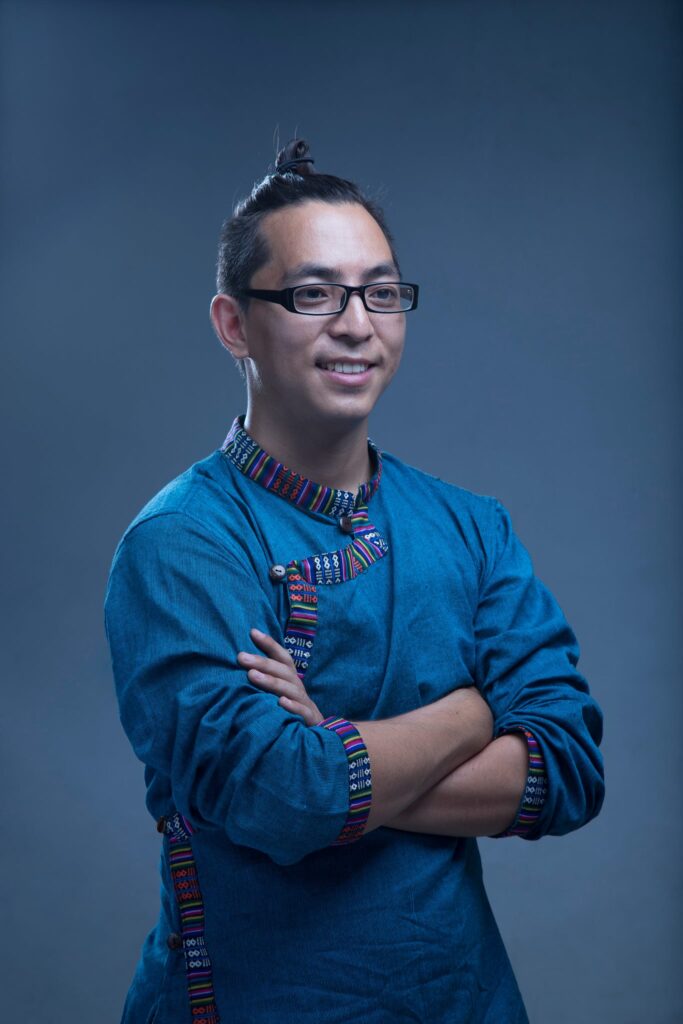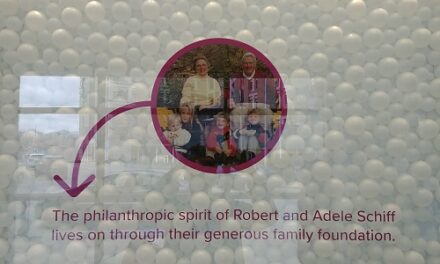Winners of the Twelfth Annual Robert and Adele Schiff Awards

Anya Groner for her essay “Upon Impact”
(chosen by Kristen Iversen)
Patch Kirschenbaum for his story “For Future Reference: Notes on the 7-10 Split”
(chosen by Michael Griffith)
Samyak Shertok for his poem “No Man’s Land Ghazal”
(chosen by Rebecca Lindenberg)
Thank you to everyone who entered our contest this year! We enjoyed reading your wonderful poems, stories, and essays.
Groner, Kirschenbaum, and Shertok will each receive a $1000 prize, and their pieces will appear in the Spring 2021 issue of The Cincinnati Review. Read more below about the inspiration behind their work.
We also want to recognize all the honorable mentions:
River Adams
David Borofka
Amina Gautier
Dina Guidubaldi
Marc Hequet
Kerry Hudson
Jeanne Kay
Carrie La Seur
Anna Leahy
Sruthi Narayanan
Lara Palmqvist
Shannon Perri
Robert Stuart Powers
Laura Roque
Dominic Russ-Combs
Pascha Sotolongo
Sophia Stid
Theresa Q. Tran
Andreas Trolf
Thomas Wee
Daniel Zeiders
We’d also like to thank our readers Sakinah Hofler and Madeleine Wattenberg for their assistance during this year’s contest period.
On Anya Groner’s essay “Upon Impact”
Literary Nonfiction Editor Kristen Iversen: “Upon Impact” is a haunting meditation on friendship, grief, and loss. Tender and insightful, this essay reveals how our bonds and experiences with others can continue to shape and reshape our memories, our lives, and our identities.

Anya Groner on her winning essay: When I decided to write about my friend Catherine, I made a rule for myself: I would only write what felt honest. For creative nonfiction, honesty might be a given, but discovering my own emotional truth and then replicating it in language was hard work. In the wake of Catherine’s death, a suicide, my emotions ricocheted. I was furious one minute, bereaved the next, and profoundly grateful in the moments when I was able to consider the entirety of our decades-long friendship. When she died, I was six months pregnant with my first child. That juxtaposition—creating a child while losing a childhood friend—created an intense emotional whiplash. I wanted the form of my essay to recreate those collisions. A year earlier I’d drafted a much shorter essay about a car crash Catherine and I survived as teenagers, and revisiting it, I realized that Catherine died nineteen years, to the day, after that crash. The symbolism was uncanny. Rather than structuring my thoughts along a neat narrative arc, I decided to use jumpy transitions and zigzag through time in a way that would, hopefully, disorient and even jostle the reader. Though I’ve found some resolution in the years since, I hope my essay reflects the upheaval of that period.
Anya Groner‘s essays and stories can be read in the New York Times, Oxford American, Ecotone, Orion Magazine, and The Atlantic and have been recognized by Best American Short Stories, Best American Travel Writing, and Best American Science Writing. A recipient of funding from the Virginia Center for Creative Arts, the Sewanee Writers Conference, Virginia Quarterly Review, the Barbara Deming Memorial Fund, Studio in the Woods, and the Louisiana Board of Regents, Groner lives in New Orleans with her husband, two children, and two dogs. She teaches fiction and nonfiction at the New Orleans Center for Creative Arts and the New Orleans Writers Workshop.
On Patch Kirschenbaum’s “For Future Reference: Notes on the 7-10 Split”
Fiction Editor Michael Griffith: Second-person stories are notoriously difficult to pull off, but in “For Future Reference,” Patch Kirschenbaum accomplishes the feat in a moving way. The reader’s sympathies, both for the teenaged protagonist and for the scarred adult version of him who seems to be telling the story from behind the mask of “You,” are won over immediately and lastingly. Fresh and touching.

Patch Kirschenbaum on his winning story: When I was a junior in high school, my three best friends and I accidentally made our school’s bowling team. We had gone to the tryouts simply to get two free games of bowling, but the joke was on us: there were ten spots on the team and only nine people tried out. Although we could have bailed, for whatever reason we didn’t, and thus we spent the next three months traveling to bowling alleys all over Indiana, getting absolutely demolished by kids who ate, drank, and slept bowling. It was fantastic. Even now I can go on for hours whenever someone is foolish enough to encourage me to explain the intricacies of that quirkily beautiful competitive ecosystem. And that’s precisely how this story came to be. Not all that long ago, over lunch, my girlfriend made exactly that mistake. I think I was about fifty minutes into my spiel when she finally snapped and suggested we talk about something (anything) else.
Both being fiction writers, we—of course—pivoted to unpacking our traumas from our pre–high school years.
And so bowling and parental divorce came to characterize our conversations that afternoon. So much so, in fact, that as we told our stories, the part of my brain I don’t claim to understand dreamed up an image that became the germ for this piece: a 7-10 split in which the two pins had been replaced by a mother and father. My own parents are nothing like the characters in the story, but as soon as I had this image, I knew I had the right combination of knowledge to write this story. Two hours later I got home, and the first page just fell right out of me. After that it was just a matter of following the voice and excavating the dueling story lines that are suggested by that image. I wish I could say more, but this one felt like a gift.
Patch Kirschenbaum is a writer and graduate student in the PhD program in creative writing at Texas Tech University, and received his MFA from Emerson College. He was a finalist for the 2019–2020 and 2020–2021 Wisconsin Institute for Creative Writing Fellowships. He is currently hunting tumbleweeds in Lubbock, Texas.
On Samyak Shertok’s “No Man’s Land Ghazal”
Poetry Editor Rebecca Lindenberg: This poem is gorgeous. It’s an elegant and elegiac use of a really difficult form, unfolding in a series of unexpected images and turns of phrase, passing through love and fear and loss and faith in rich music and expertly mindful pacing.

Samyak Shertok on his winning poem: I might have fallen in love with the ghazal form even before knowing what it was. I thought I was listening to just another song. The Nepali ghazal I’m used to is sung or performed. I had tried writing a ghazal in English before, but every time something was amiss. The intimacy would be missing, or the music. At times I even felt as though I was betraying my native tongue. But when I found the couplet about no man’s land, everything came together. The theme of displacement and homelessness felt just right for the form, which has always been close to my heart and yet very far.
Samyak Shertok’s poems appear or are forthcoming in Blackbird, Colorado Review, Gettysburg Review, Hayden’s Ferry Review, New England Review, Shenandoah, Waxwing, and elsewhere. A 2020 National Poetry Series finalist, he has received fellowships from Aspen Words, the Vermont Studio Center, and the Fine Arts Work Center in Provincetown. He has also performed his poetry at TEDxUniversityOfMississippi and received an AWP Intro Journals Project Award in 2020.
To order the prizewinning issue (due out in May), check out our subscription options.











